When you look at all the features that a typical VPN offers, it’s logical to ask yourself if it’s legal or not. The ability to bypass geo-restrictions, torrent safely, and so forth. However, not every country is keen on allowing the use of this service. Some countries are hell-bent on punishing everyone using it, while some will allow every provider. This article is here to answer all your questions and doubts about this topic. We’ve analyzed some of the crucial countries to determine if the use of a VPN is legal or illegal in them.
What is a VPN?
If you’ve read a thing or two on the internet about a Virtual Private Network, you probably know what it is. Simply put, it’s a service that allows you to browse the internet anonymously.
You can use it to hide your IP and change it to an IP in another country. This brings numerous benefits, such as being able to access streaming platforms, torrent safely, avoid ISP throttling, and many more.
With all that in mind, it’s easy to see why some countries ban or restrain the use of certain providers from time to time. Fortunately, you can use some of the top providers almost everywhere in the world. Of course, if you want to.
Countries Where Using a VPN is Legal
First, let’s see where using a Virtual Private Network is completely legal. Here are a few countries:
United States
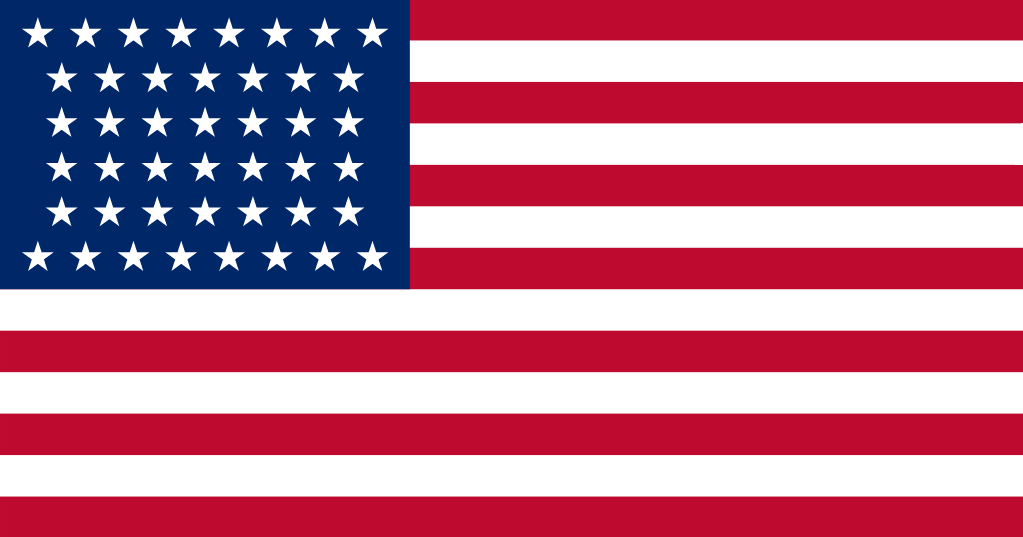 The United States is a country known for its government surveillance. Since the government doesn’t censor the internet, they’ve been exposed more than a few times for doing this. Still, there are a couple of VPN providers in this country, with the prime example being IPVanish.
The United States is a country known for its government surveillance. Since the government doesn’t censor the internet, they’ve been exposed more than a few times for doing this. Still, there are a couple of VPN providers in this country, with the prime example being IPVanish.
This provider, despite being under the 5/9/14 Eyes Alliance jurisdiction, has a no-log policy and is generally safe to use. But, all in all, using a Virtual Private Network is perfectly legal in this country. After all, this country is all about freedom of speech and freedom in general.
It’s no different this time. You’ll have lots of internet freedom around here but if you want to avoid government surveillance, we recommend using a good provider like ExpressVPN.
Australia
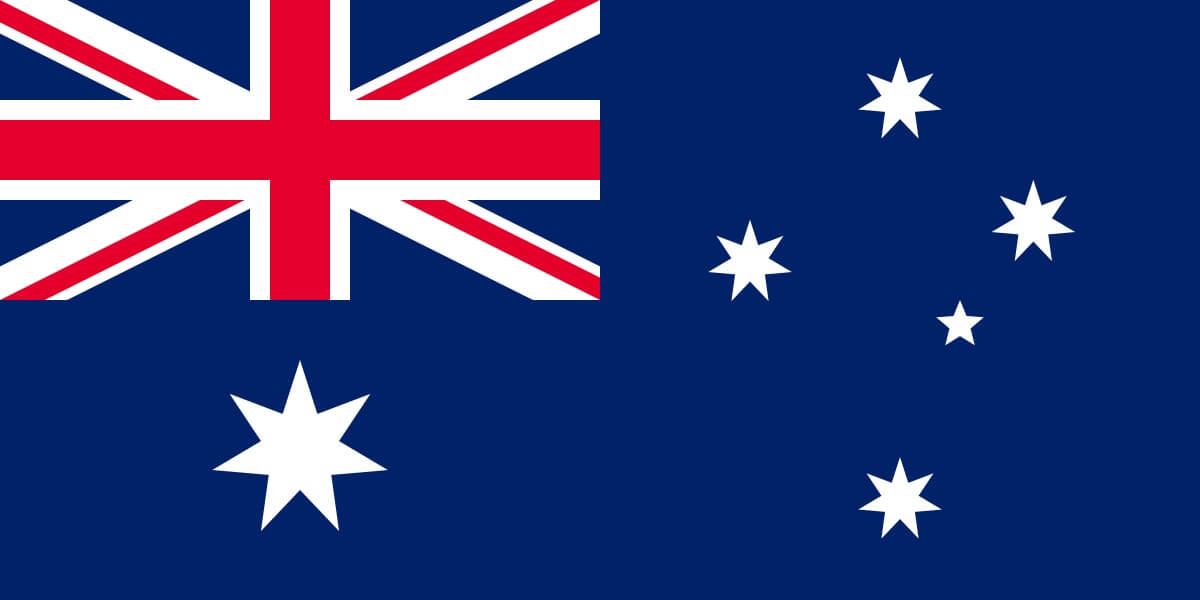 Australia, even though it’s an English-speaking country, has always been somewhat different than the rest. Furthermore, the country is a part of the 14 Eyes Alliance, meaning that many websites there are forced to collect info about users.
Australia, even though it’s an English-speaking country, has always been somewhat different than the rest. Furthermore, the country is a part of the 14 Eyes Alliance, meaning that many websites there are forced to collect info about users.
Recently, new legislation passed. This legislation further strengthened what we just said. Simply put, the government can now block certain websites but no provider has been targeted specifically. That is why in 2024, using a VPN in Australia is safe and legal.
As long as you’re not using it to commit crimes, you’ll be good to go.
Germany
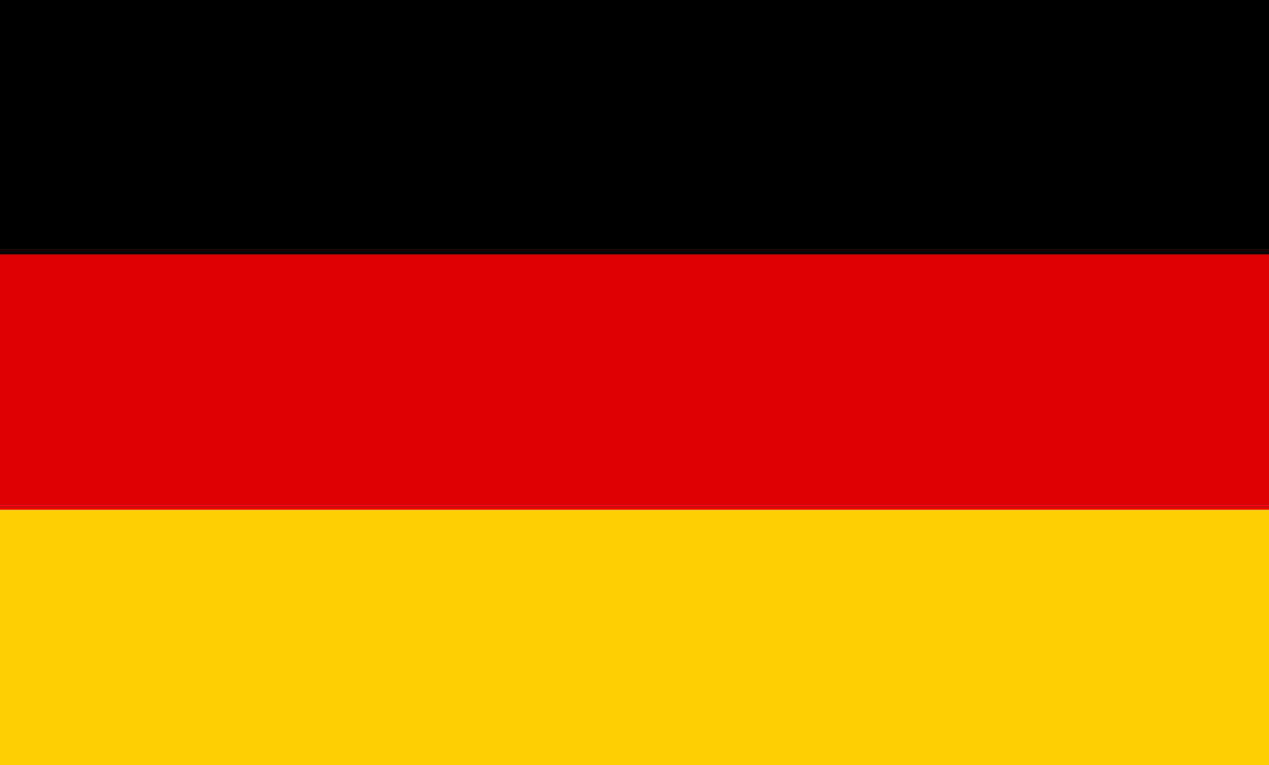 What about our German friends? Well, as many countries from Western Europe, Germany also has a history of internet censorship. These attempts transpired not too long ago, so we guess that this is the state that will be in 2024.
What about our German friends? Well, as many countries from Western Europe, Germany also has a history of internet censorship. These attempts transpired not too long ago, so we guess that this is the state that will be in 2024.
German Justice Minister also recently gave the government full power in terms of monitoring and censoring certain websites, and especially social media ones. Still, using a service like this is legal here.
United Kingdom
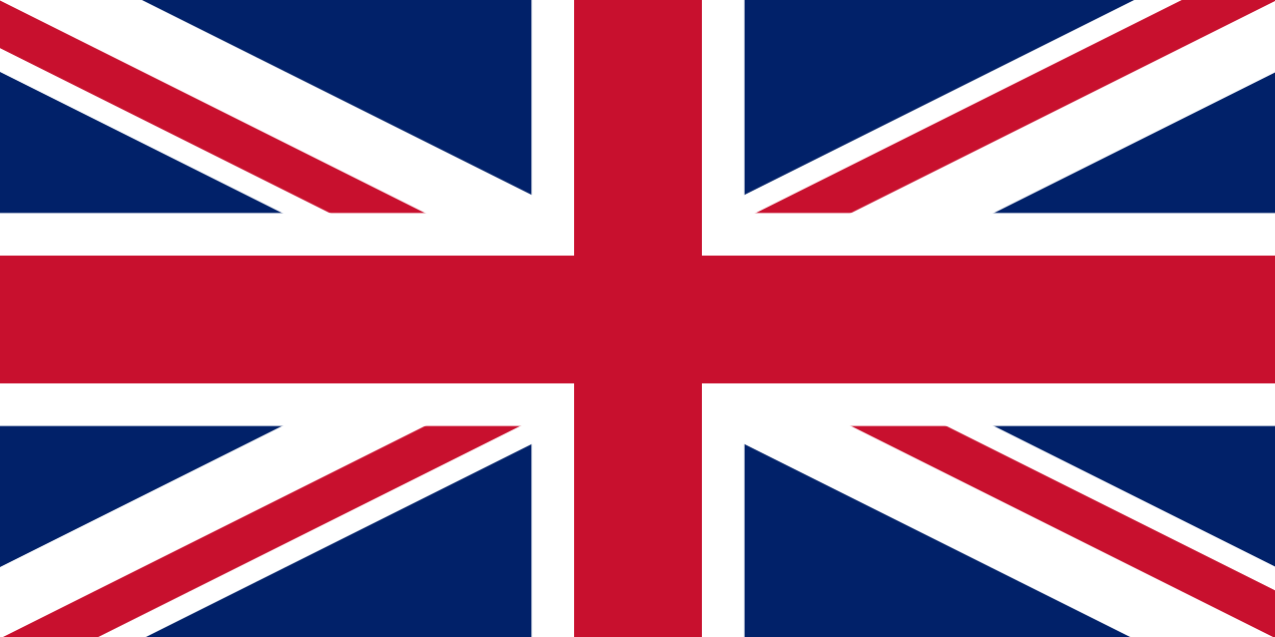 The situation in the United Kingdom is rather interesting. Although the country seems free, with freedom of expression, and internet access, it isn’t exactly like that. In fact, the UK started to implement some pretty harsh censorships, even banning some VPNs at one point.
The situation in the United Kingdom is rather interesting. Although the country seems free, with freedom of expression, and internet access, it isn’t exactly like that. In fact, the UK started to implement some pretty harsh censorships, even banning some VPNs at one point.
In 2024, we think this trend will continue. A provider by the name of iPredator, for example, is currently blocked in this country. Also, the government announced that they’ll block even torrent websites, alongside porn sites, that are already in this ballpark.
Luckily, the use of a VPN is still legal here. We hope that this won’t change.
India
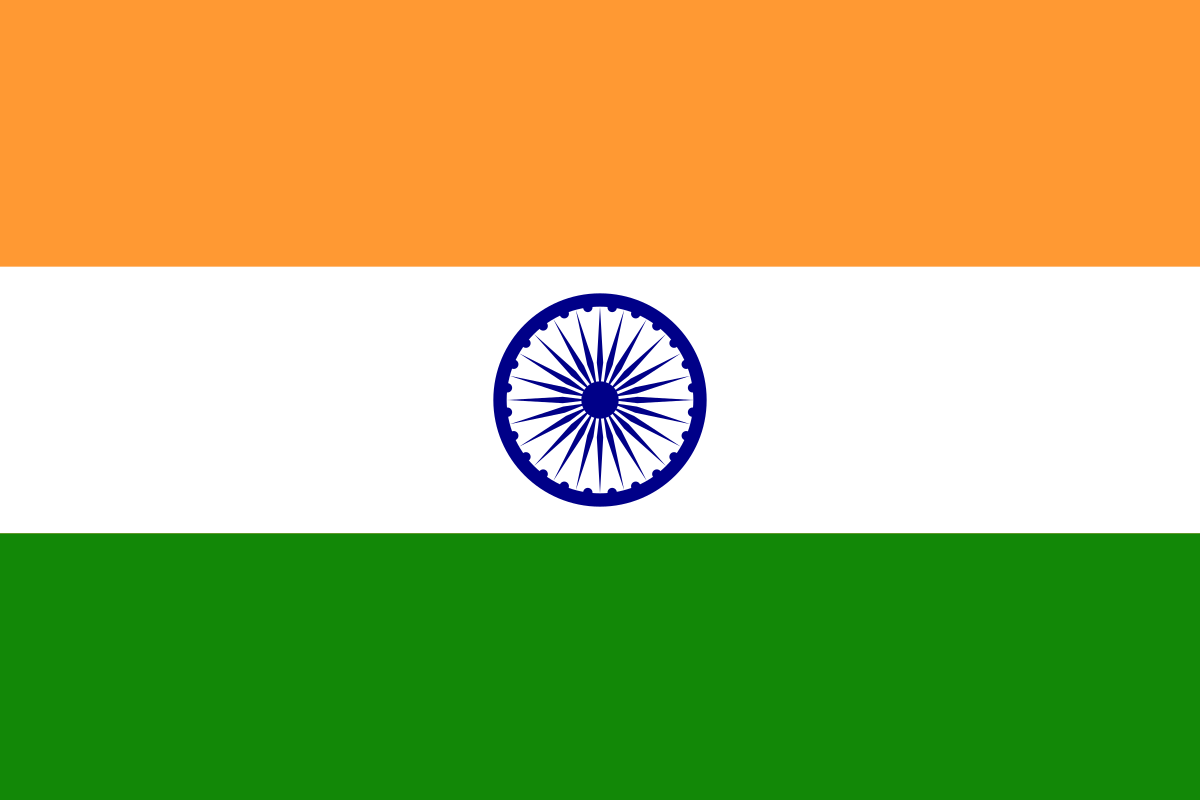 India always seems like a pretty censored country at first glance. However, this is not the case. Indians have free internet access to all social media websites, for example. Recently, the government allegedly warned the citizens that they can get a jail fine and approximately $4.500 fine for visiting “forbidden” websites.
India always seems like a pretty censored country at first glance. However, this is not the case. Indians have free internet access to all social media websites, for example. Recently, the government allegedly warned the citizens that they can get a jail fine and approximately $4.500 fine for visiting “forbidden” websites.
Shortly after, the judge from this country clarified that this wasn’t true. He also added that it’s not illegal and that the citizens can visit those “forbidden” websites without risking anything. Needless to say, no provider was ever blocked there.
Canada
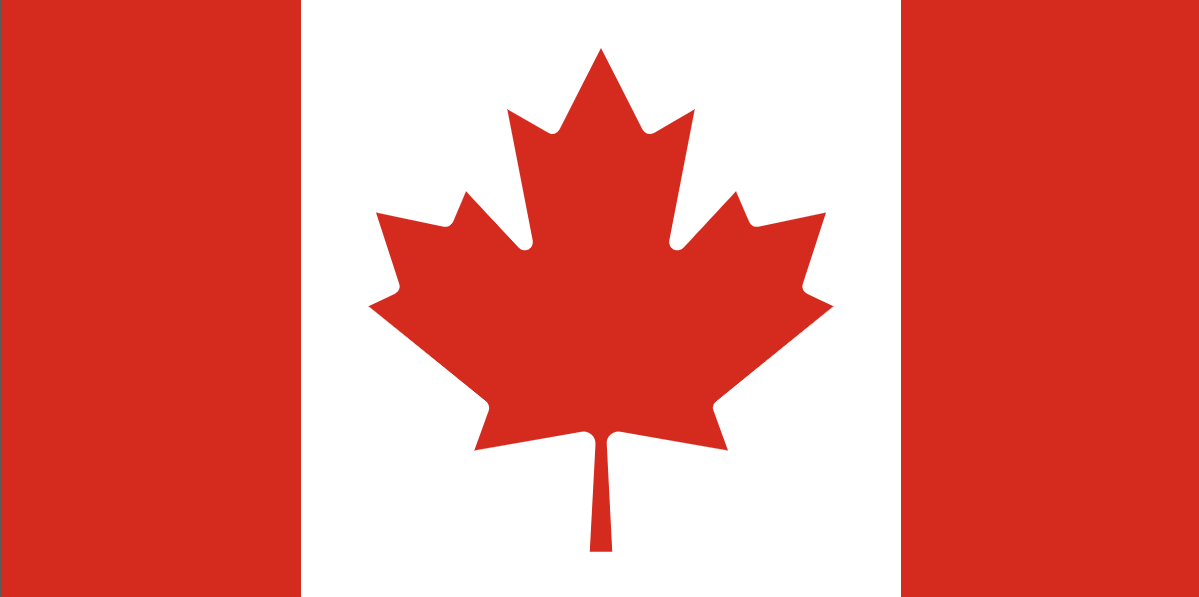 Canada, as a country of North America, is a member of the 5 Eyes intelligence alliance. Also, Bell, a well-known telecom company from this country tempted the Canadian government to block VPNs. This happened in 2015 and as of now, no concrete actions have been taken, even in 2024.
Canada, as a country of North America, is a member of the 5 Eyes intelligence alliance. Also, Bell, a well-known telecom company from this country tempted the Canadian government to block VPNs. This happened in 2015 and as of now, no concrete actions have been taken, even in 2024.
That being said, the use of a Virtual Private Network is legal here.
A Few VPN-Friendly Countries
There are countries from which some of the providers come, and they’re extremely friendly towards VPNs, besides being legal. Unfortunately, we’re talking about a handful of countries worldwide. Here they are:
Romania
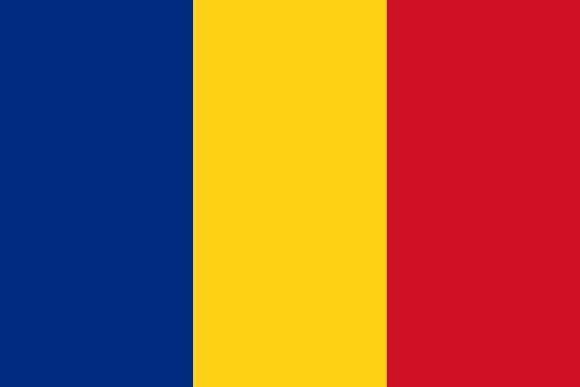 Romania is a great country for internet access. No online regulations are in play, no restrictions, and no censorship. A provider we often recommend, CyberGhost, is also from here. And as you know, it’s very secure, offering military-grade encryption and a no-log policy.
Romania is a great country for internet access. No online regulations are in play, no restrictions, and no censorship. A provider we often recommend, CyberGhost, is also from here. And as you know, it’s very secure, offering military-grade encryption and a no-log policy.
Cyprus
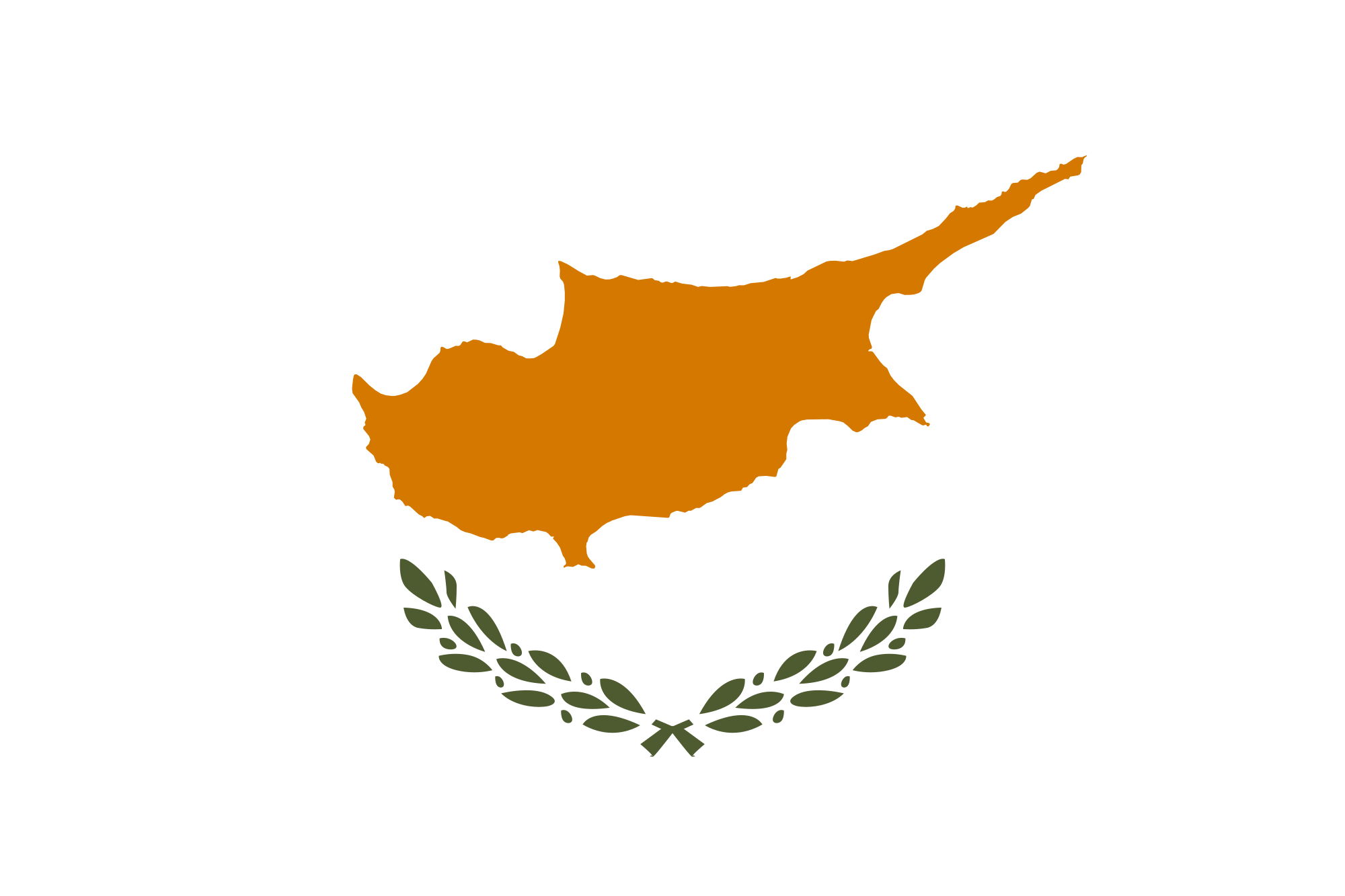 Cyprus is a very small off-shore country that the government rarely touches. It’s a part of Greece, and aside from its beautiful, sunny seaside, the country is safe and secure. Of course, Virtual Private Networks are completely legal there.
Cyprus is a very small off-shore country that the government rarely touches. It’s a part of Greece, and aside from its beautiful, sunny seaside, the country is safe and secure. Of course, Virtual Private Networks are completely legal there.
Denmark
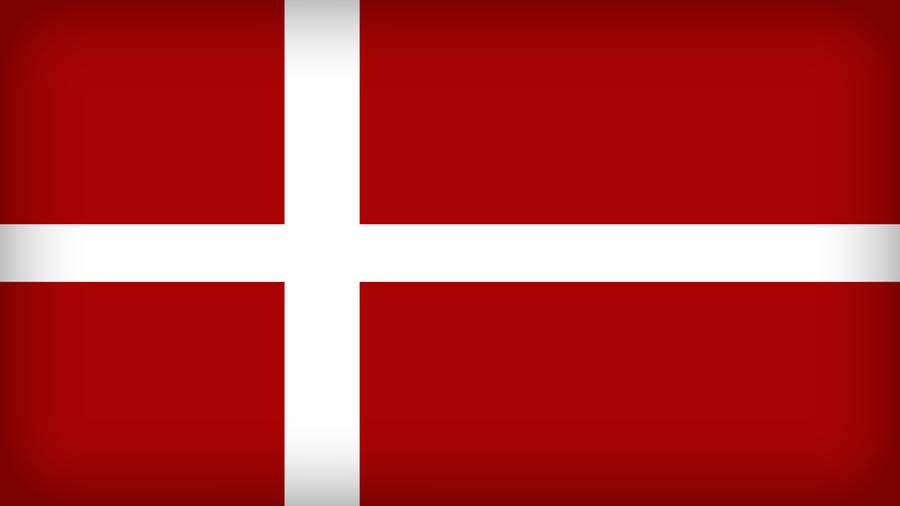 According to the Freedom House, Denmark has a score of 97 out of 100. This means that we are talking about one of the freest countries in the world. Logically, they aren’t censoring their citizens, they freely access the internet, and are allowed to use this service.
According to the Freedom House, Denmark has a score of 97 out of 100. This means that we are talking about one of the freest countries in the world. Logically, they aren’t censoring their citizens, they freely access the internet, and are allowed to use this service.
Countries Where Using a VPN is Partially Restricted
In the world of cybersecurity, not everything is black and white. Some countries are neutral, some are strictly against something, and some are strictly for something. Here are the countries that only partially restricted the use of Virtual Private Networks:
China
 When we talk about censorship, the first country that you think about is China. Censorship is here for multiple reasons. For example, to prevent people from discussing some parts of Chinese history that involve past protests, as well as criticizing the government.
When we talk about censorship, the first country that you think about is China. Censorship is here for multiple reasons. For example, to prevent people from discussing some parts of Chinese history that involve past protests, as well as criticizing the government.
The Great Firewall of China is still here, though. It’s one of the toughest firewalls that ever existed, blocking Chinese people from accessing even foreign media. On top of that, a vast majority of providers are blocked, so only a handful of them work in this country.
These steps were taken relatively recently, back in 2018. However, it’s still not completely banned. This ban is only for those who use a VPN without a license issued from the Chinese government. So, if you’re traveling to China, we recommend getting your subscription beforehand.
Once you’re there, you probably won’t be able to make a purchase securely, and believe us – you don’t want them to see you doing that.
Russia
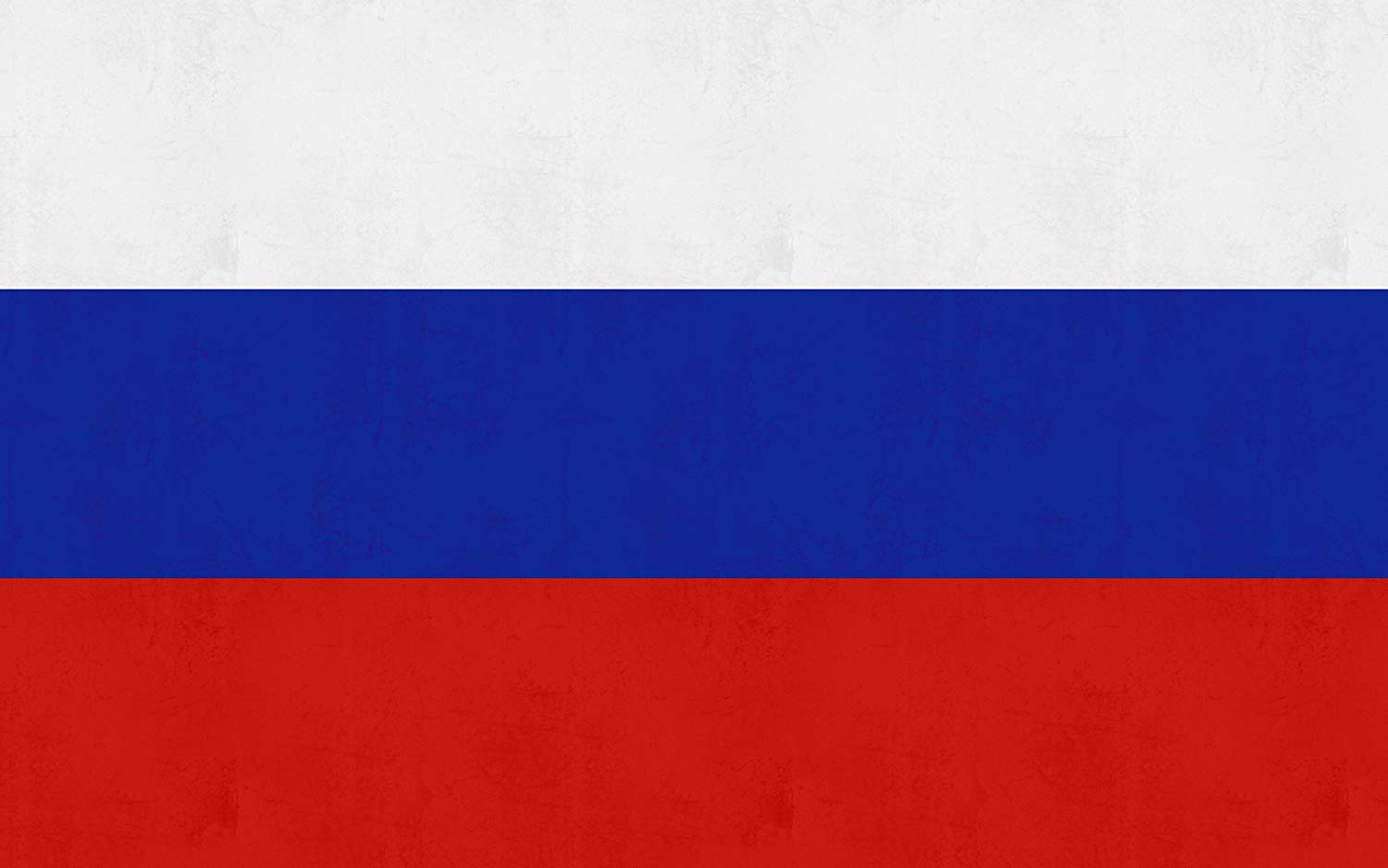 This behemoth of a country actively blocks some of the most popular providers. But once again, giving them freedom of choice. Russian Roskomnadzor issued a warning to approximately 10 services, to make them agree to certain conditions.
This behemoth of a country actively blocks some of the most popular providers. But once again, giving them freedom of choice. Russian Roskomnadzor issued a warning to approximately 10 services, to make them agree to certain conditions.
Among these providers were also ExpressVPN and NordVPN. These conditions were to block websites that are already blocked in this country. Of course, a vast majority of providers declined the offer, so the Russian government blocked them and shut down physical servers located there.
The providers that accepted these conditions still function in this country. But, as you might’ve guessed, they’re not safe to use.
Turkey
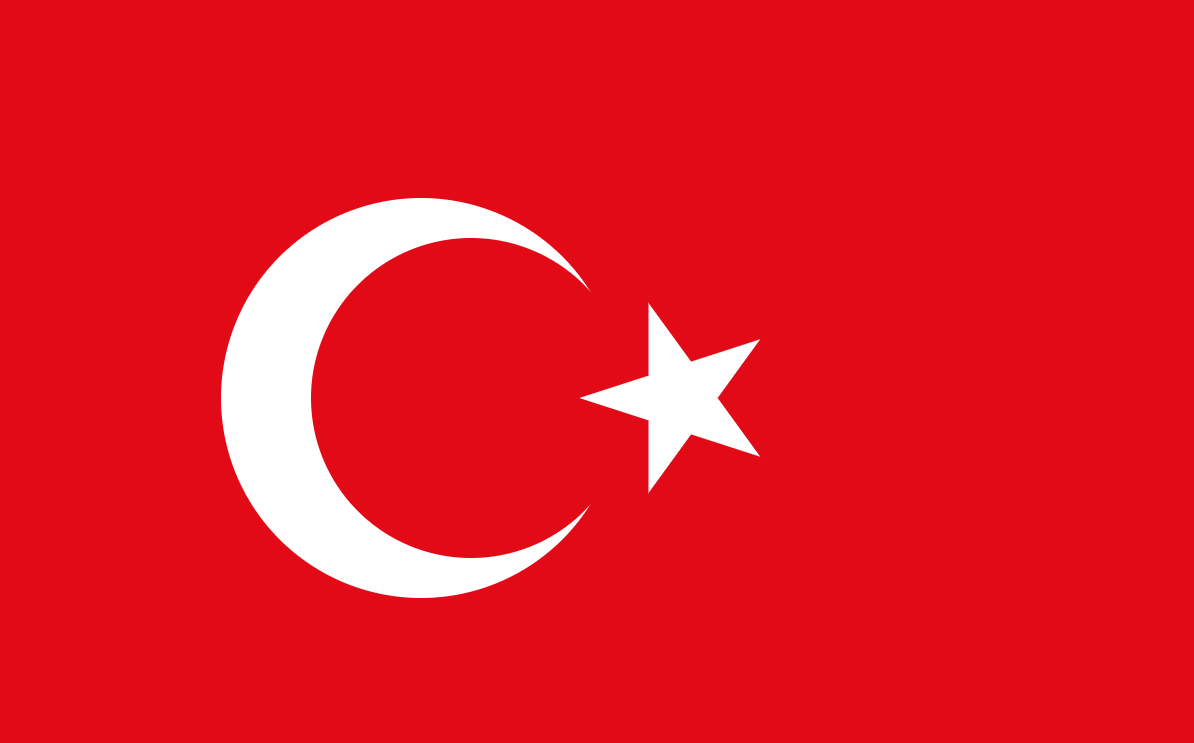 Turkey is very nasty when it comes to internet access. About 4 years ago, the Turkish government restricted a plethora of highly-popular websites. Twitter, YouTube, Facebook, and a huge portion of Wikipedia are all unavailable in this country.
Turkey is very nasty when it comes to internet access. About 4 years ago, the Turkish government restricted a plethora of highly-popular websites. Twitter, YouTube, Facebook, and a huge portion of Wikipedia are all unavailable in this country.
Furthermore, the Turkish Information and Communication Technologies Authority also blocked a few VPN providers. Since not all providers suffered this fate, we can’t say it is illegal to use a VPN there. Some of them are and some of them aren’t.
We don’t know what’s going to happen in the near future. For now, censorship is slightly increasing each day. We’ve yet to see what Recep Erdogan’s regime will bring for this country.
Iran
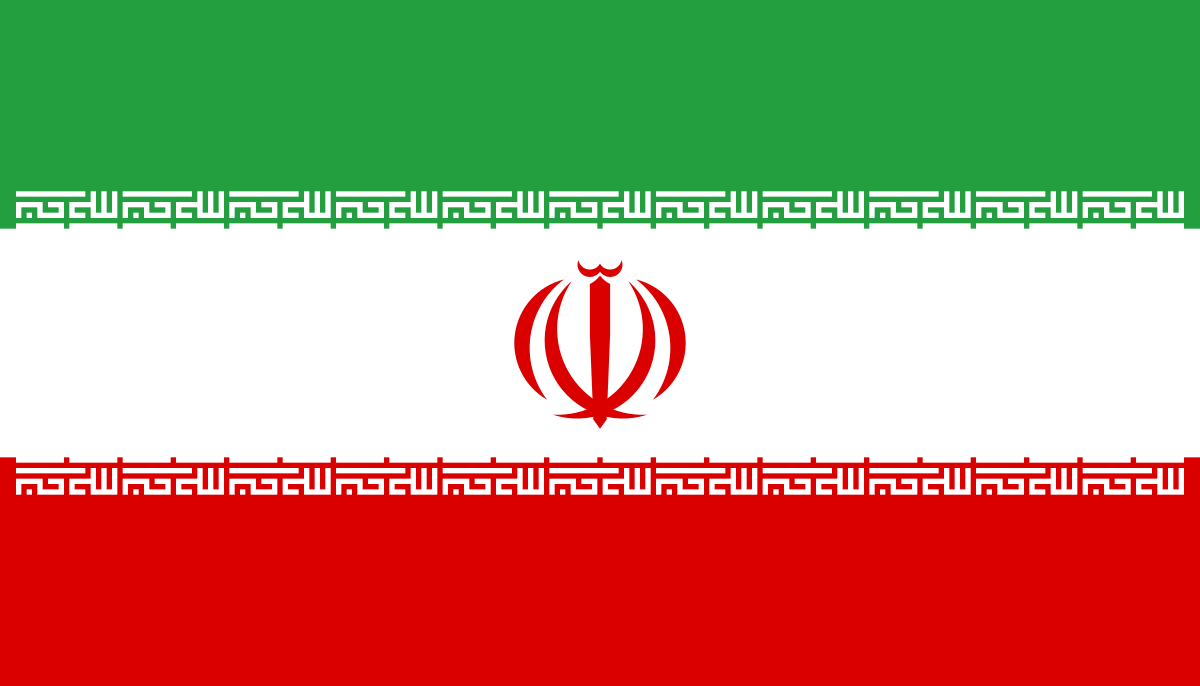 Iran suffers the same fate as China, or better said, very similar. The reason behind its internet censorship lies in preventing protests. With censorship in place, the activists can’t organize and form. As the government says, they’re blocking only the websites that are “non-Islamic.”
Iran suffers the same fate as China, or better said, very similar. The reason behind its internet censorship lies in preventing protests. With censorship in place, the activists can’t organize and form. As the government says, they’re blocking only the websites that are “non-Islamic.”
Still, even a site like Facebook or YouTube can be “non-Islamic”, right? Similarly to China, providers that want to operate here need to sign a contract with the state. And if the certain provider does it, we can’t deem it safe because of possible government surveillance and spying.
UAE
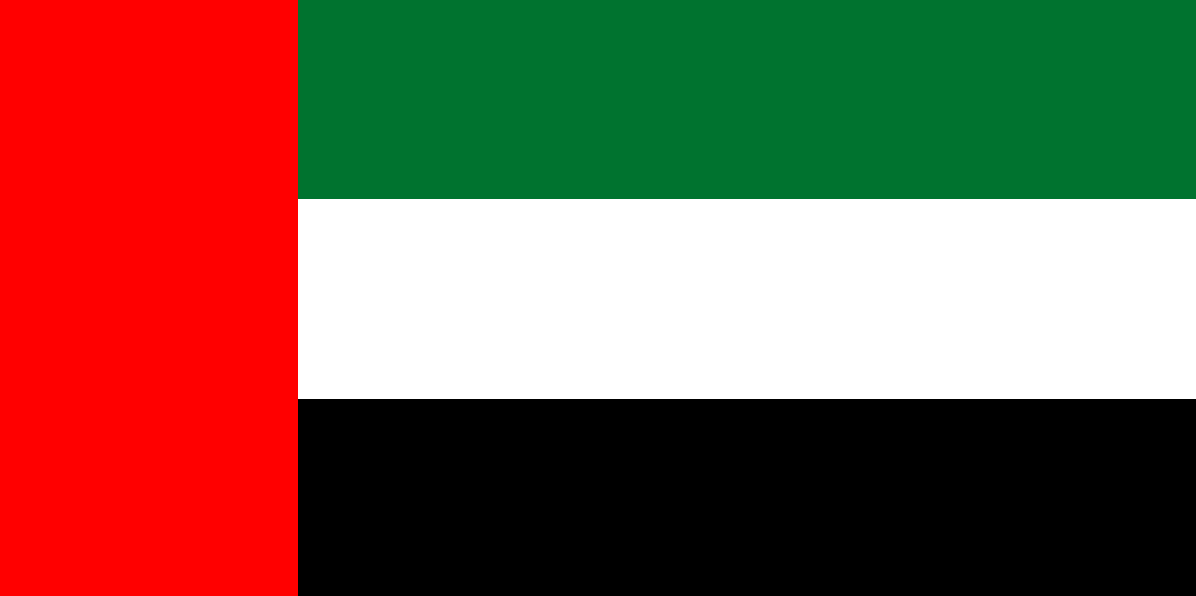 The UAE is a country with partially forbidden VPNs, yet almost half of its citizens actively use them. The reason being is because there are certain conditions applied to it. So is it legal or not? For the start, it’s forbidden to use it to make “calls that won’t be allowed otherwise.” Committing a crime or preventing its investigation is also forbidden.
The UAE is a country with partially forbidden VPNs, yet almost half of its citizens actively use them. The reason being is because there are certain conditions applied to it. So is it legal or not? For the start, it’s forbidden to use it to make “calls that won’t be allowed otherwise.” Committing a crime or preventing its investigation is also forbidden.
But, if you’re using it for non-malicious purposes, you should be okay. Just don’t access anti-religion websites and stuff like that because the UAE is very harsh when it comes to it.
Countries Where VPNs are Banned
Even in 2024, some countries actively ban providers. Let’s see what countries are these:
Turkmenistan
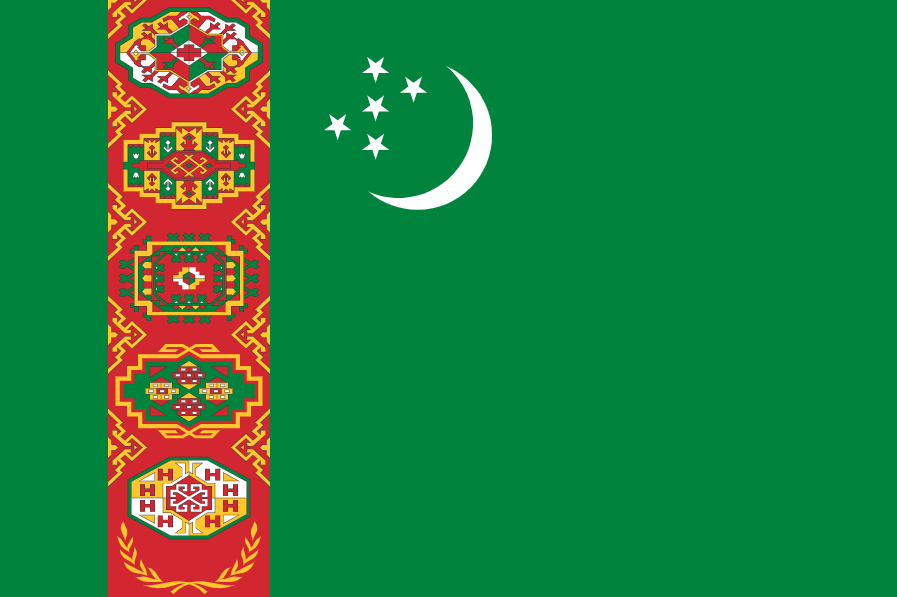 Turkmenistan is a former USSR republic, just as Belarus, which is also on this list. Unfortunately, this country completely banned the use of this service and the reason for this is very… stupid, to say the least.
Turkmenistan is a former USSR republic, just as Belarus, which is also on this list. Unfortunately, this country completely banned the use of this service and the reason for this is very… stupid, to say the least.
A service like this is banned so that the citizens can’t access social media websites. These sites are, once again, YouTube, Facebook, Twitter, Instagram, etc. To make things worse, there is only one ISP in this country, called Türkmentelekom.
This Internet Service Provider is owned by the government, so it’s easy for them to issue a ban. If they catch you doing that, you’ll get a warning from the Ministry of National Security or perhaps a jail, if this isn’t your first time.
Needless to say, using a VPN in this country is far from legal. Be really vigilant!
Iraq
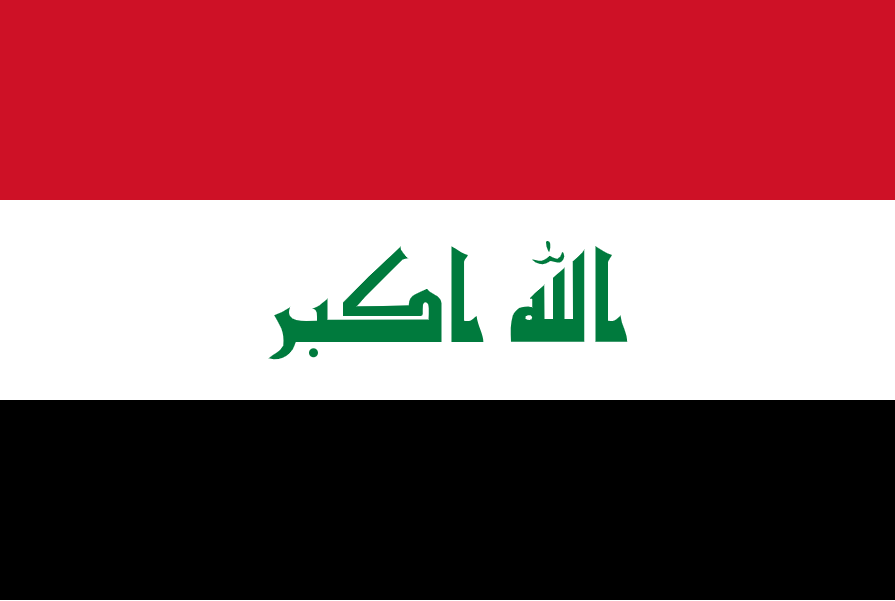 The history of a VPN ban in this country dates back to 2014. To counter the terrorist group ISIS, Iraq shut down internet access for terrorist-occupied districts in the country.
The history of a VPN ban in this country dates back to 2014. To counter the terrorist group ISIS, Iraq shut down internet access for terrorist-occupied districts in the country.
That way, no one could access social media websites, thus preventing online communication and terrorists from recruiting new members using the internet.
Although this happened a long ago, Iraq still keeps this ban. On one side, we can understand. Being a warzone for years tears every country eventually. On the other side, it’s bad if you’re traveling there for some reason. Forget about using this service here.
Belarus
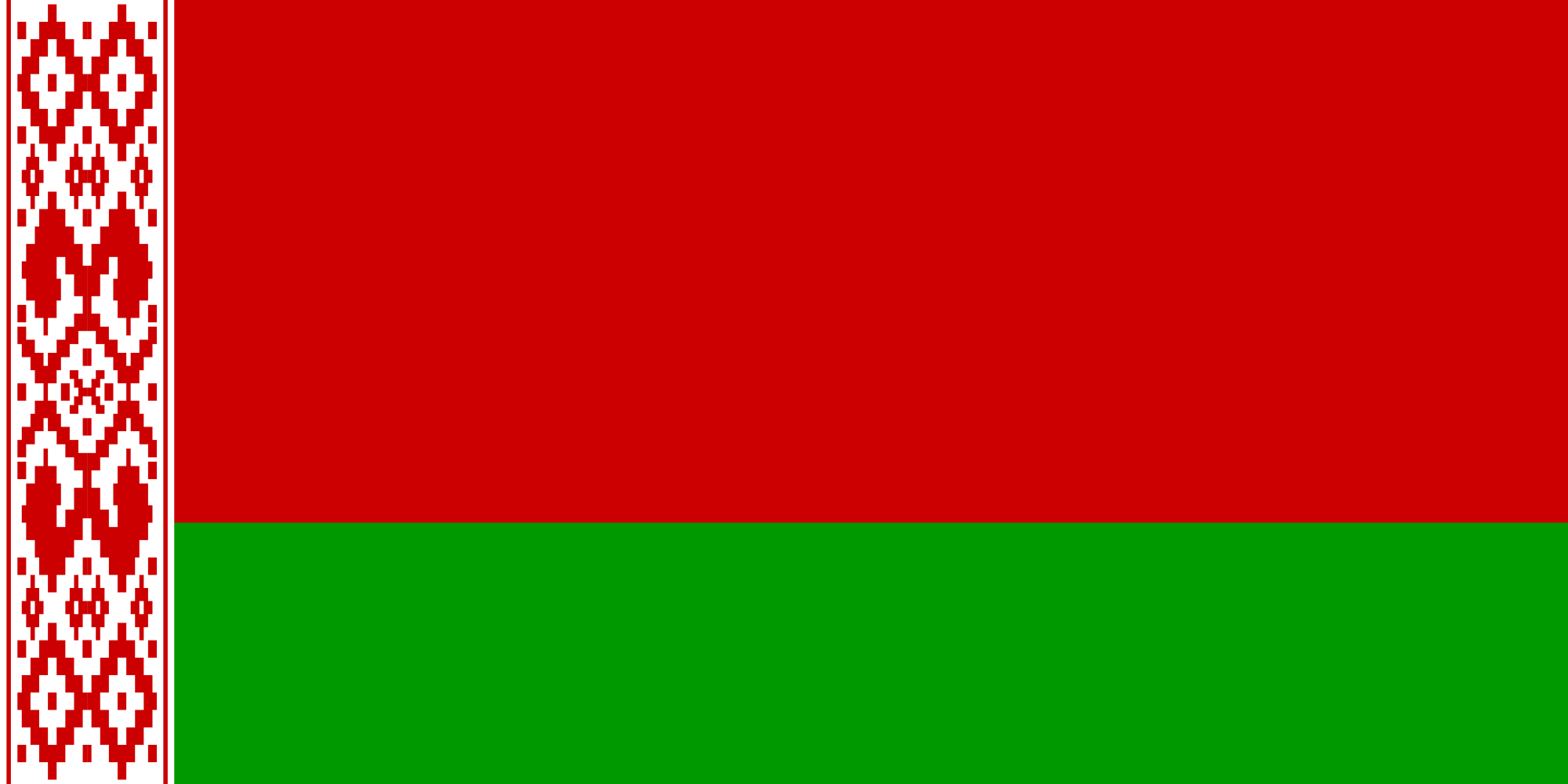 Belarus takes the same route as many ex-Soviet countries in terms of internet freedom. Numerous websites are blocked to, as they say, “protect the citizens from harmful content.” Because of that, forums in this country require you to confirm your identity with your phone number.
Belarus takes the same route as many ex-Soviet countries in terms of internet freedom. Numerous websites are blocked to, as they say, “protect the citizens from harmful content.” Because of that, forums in this country require you to confirm your identity with your phone number.
And to get a phone number, you have to show your ID, just to buy a SIM card. Alexander Lukashenko reinforced this legislation in 2016, by signing the law that strictly forbids the use of proxies and any other software-based solutions for altering the users’ info.
With that mind, don’t ever expect to use the Tor browser here. It’s in the same ballpark as proxies and Virtual Private Networks.
North Korea
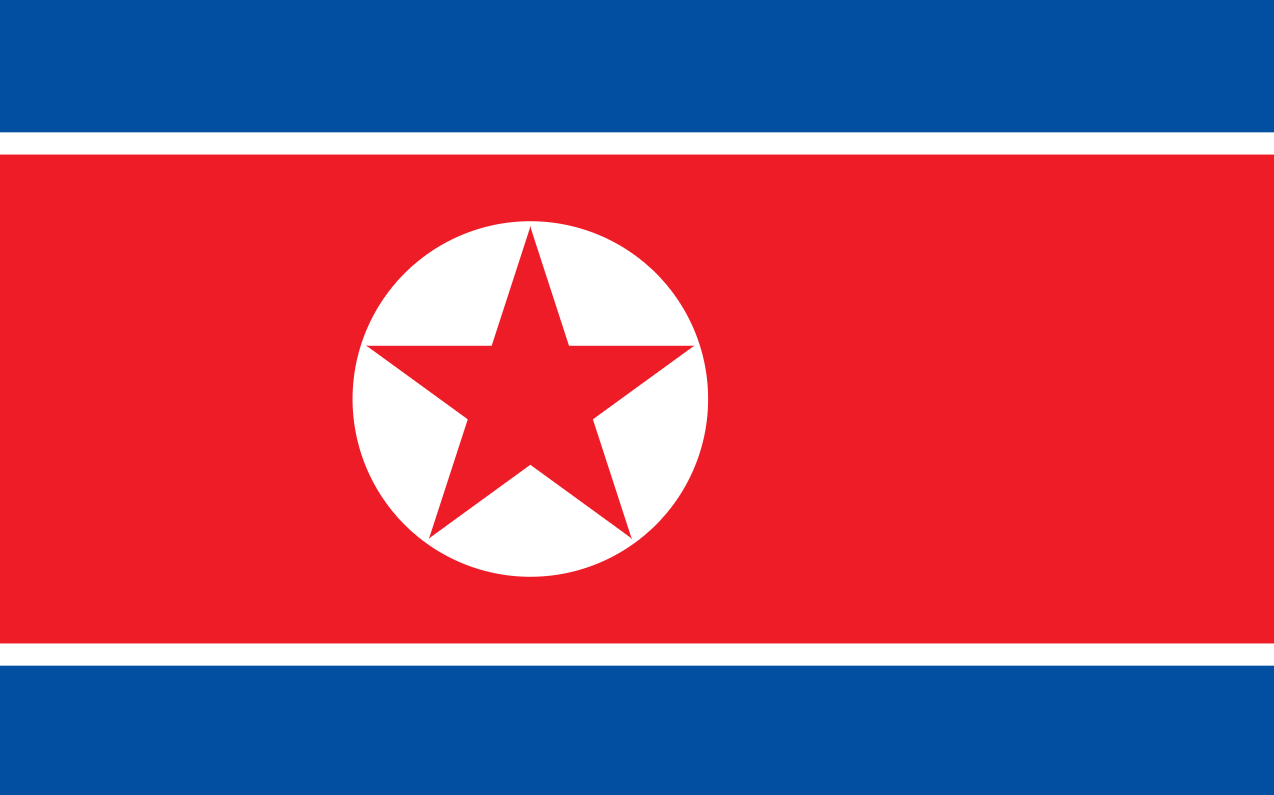 North Korea sits in a realm of its own in terms of internet access. If you’re just an average Joe in this country, you can’t get a VPN, which proves that it’s anything but legal
North Korea sits in a realm of its own in terms of internet access. If you’re just an average Joe in this country, you can’t get a VPN, which proves that it’s anything but legal
. And the reason for this is going to blow you away – because you, most likely, won’t have internet access.
We’re not kidding. In the entire country, there are slightly more than 1,000 IP addresses. The other part doesn’t use the internet but something called Kwangmyong and represents the intranet. On the brighter side, if you’re a tourist, the government will allow you to use the internet.
But, with YouTube, Twitter, and Facebook blocked, you won’t have much to browse. Of course, this service also falls into this category.
Summary
Using this service around the world is going to cause different reactions as you could see during this article dealing with the legality of VPNs around the world.
There are countries like China, where almost all VPN providers are blocked. And on the other hand, we have Denmark, Cyprus, and Romania, which are quite the opposite.
Before visiting any country, make sure you’re well-acquainted with its internet laws. If you can use a Virtual Private Network, buy it before you go there, just to make sure you’re protected!
Whether you want to use ExpressVPN, CyberGhost, NordVPN or any other.

